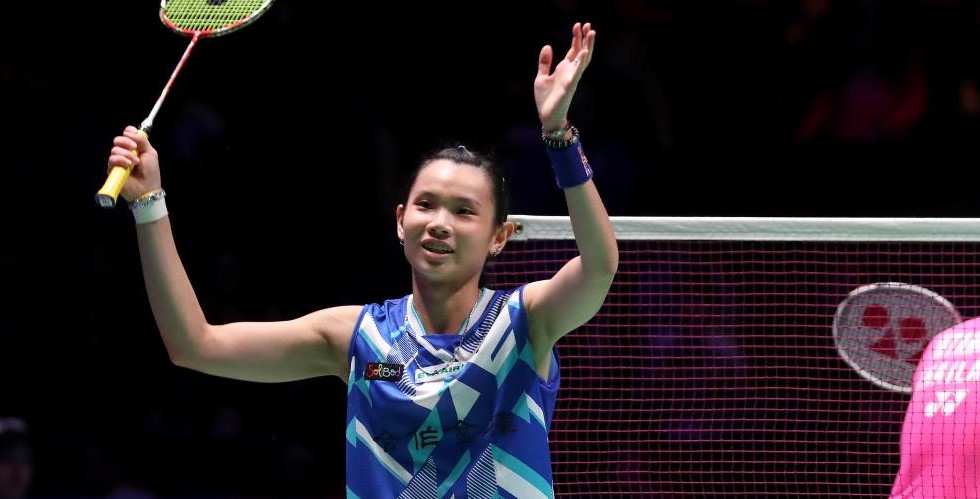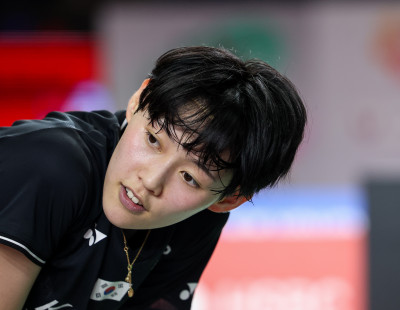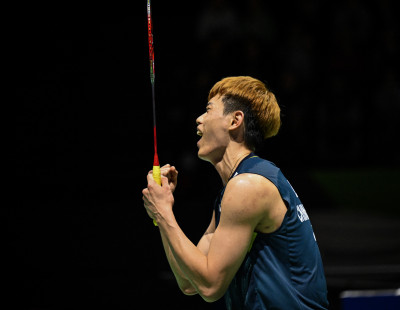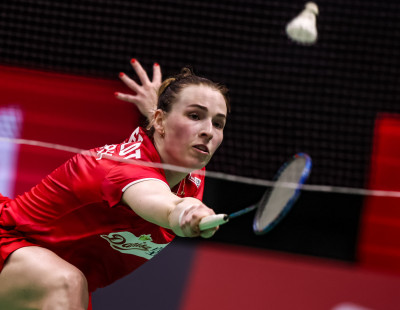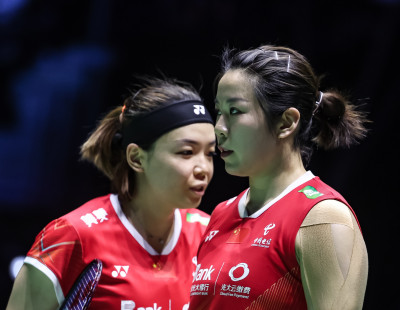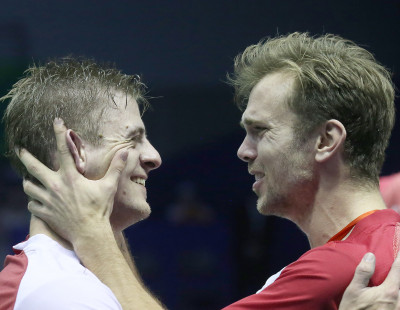Tai Tzu Ying has blazed a trail in Women’s Singles over the last few months. The Chinese Taipei star has been on a tournament-winning streak since late November 2016.
Starting with the Yonex-Sunrise Hong Kong Open, Tai went on to claim the Dubai World Superseries Finals, the Yonex All England, the Celcom Axiata Malaysia Open, the OUE Singapore Open and the Badminton Asia Championships. Having won 29 of her last 30 matches (her last loss was to Korea’s Sung Ji Hyun in a league match in Dubai), Tai is enjoying the kind of momentum rarely seen at the top level in badminton.
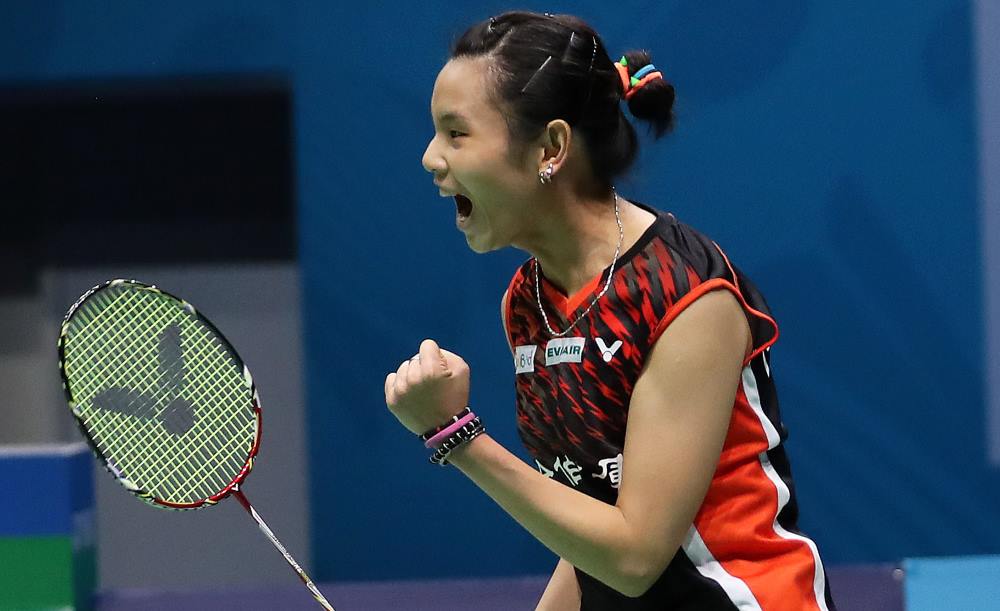
The 22-year-old, though, is modest about her successes.
“Actually, I did not expect myself to win any championships, but I have always pushed myself to play my best in every tournament in order not to disappoint the spectators who have come to watch a good match,” she said, after her Singapore Open victory.
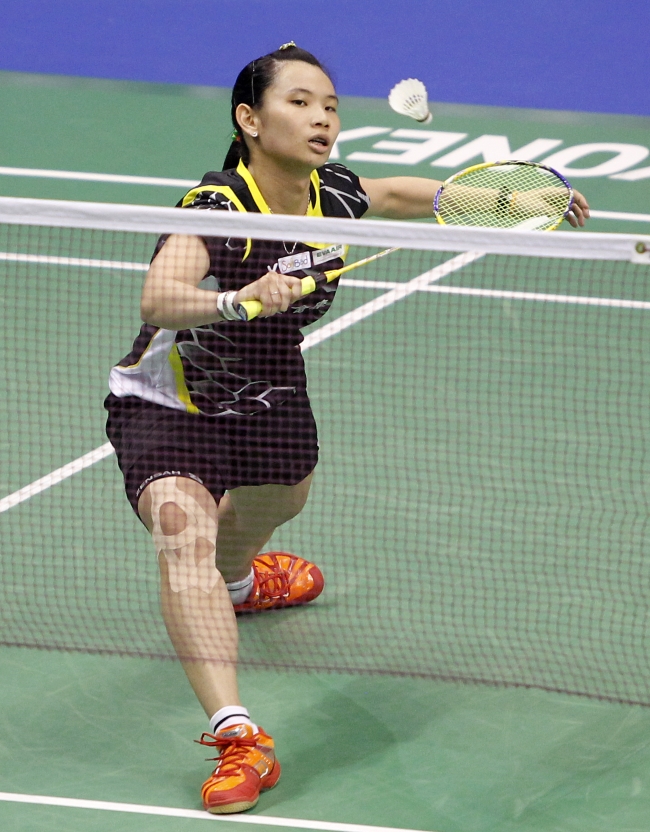 Tai achieved the top ranking in the week of the Hong Kong Open, and has always maintained that the No.1 ranking did not matter to her beyond a point.
Tai achieved the top ranking in the week of the Hong Kong Open, and has always maintained that the No.1 ranking did not matter to her beyond a point.
“Before I played the Hong Kong Open, many people calculated my points and told me that if I win the tournament, I will be World No.1. In the semi-finals, my opponent was Marin. She is a very strong opponent so my only thought was even if she won, I must make it a very difficult victory for her and I also didn’t want to lose the match easily. During the final, I defeated my opponent (Pusarla V Sindhu) like everyone predicted, so I rose to World No.1. That was not a target that I set for myself, but I am glad that was the result I have achieved because I had been doing my best.
“It does not matter how long I hold on to this title, because as No.1, it doesn’t mean that I can win every match. To me, the only good point about being World No.1 is that I will be introduced as World No.1 before a match. It does not matter whether I am World No.1 for one week or ten years, as long as I have achieved this ranking, I’ll always be referred to as No.1 so I am contented.”
Tai has dazzled the badminton world with her range of strokes – but it’s also this choice of strokes that has often let her down in the past. Prone to committing numerous unforced errors, Tai has finally managed to rein in her mistakes and the result is there for all to see.
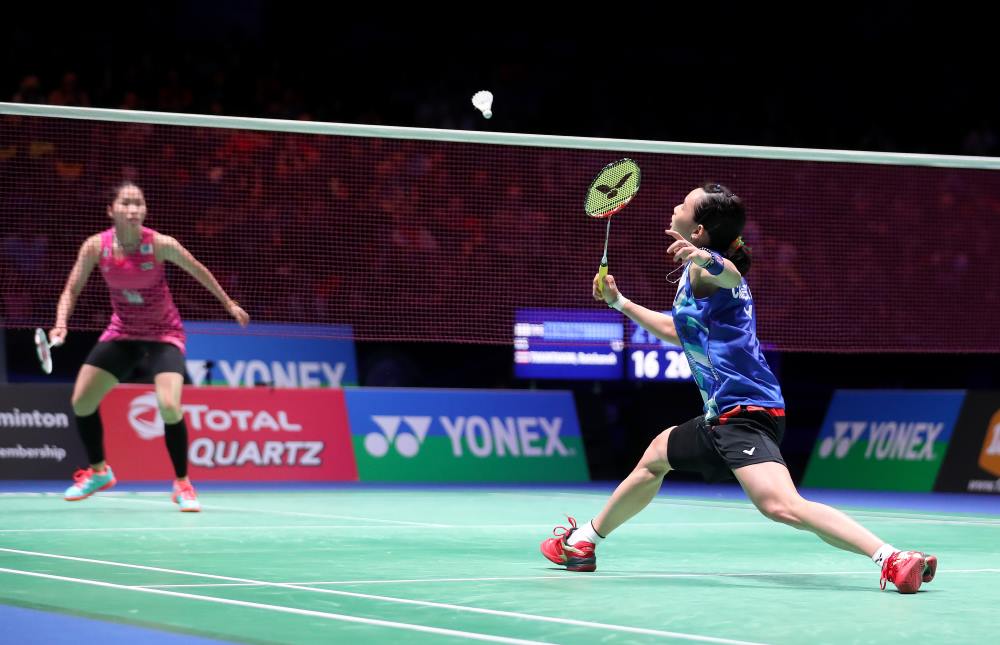
“I don’t have any new moves but I am learning to play more straightforward strokes rather than depending on deceptive shots because opponents can see through my moves now,” she says. “I hope I can be more consistent, cut down on my mistakes so I don’t lose matches because of that.
“I’m very stubborn so even if I am in bad form and have made a mistake, I will still continue to harp on the same mistake and keep trying the same shot which will make me lose more points. Now, when I am in bad form, I’ll refrain from using my deceptive moves.”
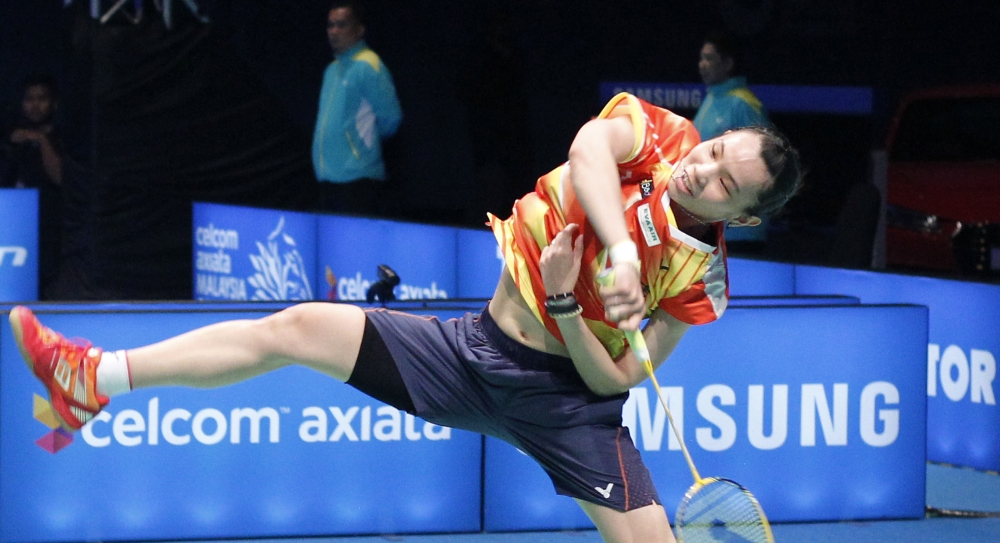
Having begun this season on a brilliant note, does she now feel the pressure of having to win each tournament she enters?
“My wish for every tournament was to maintain the same result. For example if I had advanced to the semi-finals this year, I will hope to advance to the semi-finals in the following year too. I place more emphasis on the process because you have put in so much effort in training, even if you win a match easily but do not apply what you have trained, it defeats the purpose of training. That is not what I want to achieve. My mental model is even though I have lost a match, if I managed to try out what I have been training, then I would have achieved my objective.”


















